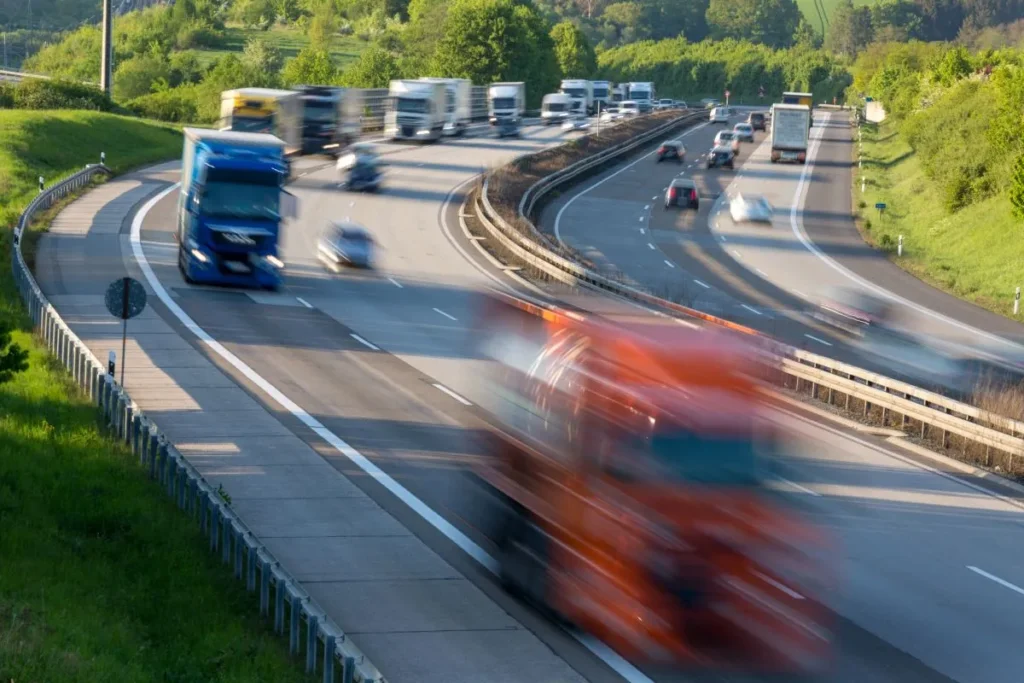Sweden, Denmark and Norway have all announced the extension of border controls until 11 May 2026. Although the Schengen system is based on the principle of free movement of people and goods, these countries justify their decisions with serious threats to public order and internal security.
In Sweden’s case, the controls cover all internal borders, land, sea and air, as well as the land border with Denmark. Swedish authorities point to the growing threat from organised criminal groups and radical Islamist radicalisation. They also note the activities of foreign states using local criminal groups to destabilise the country.
Denmark explains the extension of controls by the need to counter acts of sabotage and terrorism, which — as Copenhagen points out — may be inspired by Russia or linked to the Israeli–Palestinian conflict. Attacks on Jewish and Israeli targets remain a particular concern, and checks are primarily carried out on the border with Germany, with the possibility of extending them to other crossings.
Norway, meanwhile, is focusing on protecting critical infrastructure, especially in the energy sector. Oslo maintains controls in ports serving ferry connections with Schengen countries, citing the threat of sabotage by Russian intelligence services.
Schengen under pressure
Although the Schengen area is founded on the absence of border controls between member states, in practice more and more countries are opting for temporary — and then systematically prolonged — security measures. In recent months, the number of states maintaining internal controls has grown significantly.
Experts point out that geopolitical tensions, the risk of terrorism and the growing activity of organised crime are behind this trend. For the transport industry, however, it has tangible consequences: longer travel times, higher operational costs and greater uncertainty in route planning.











